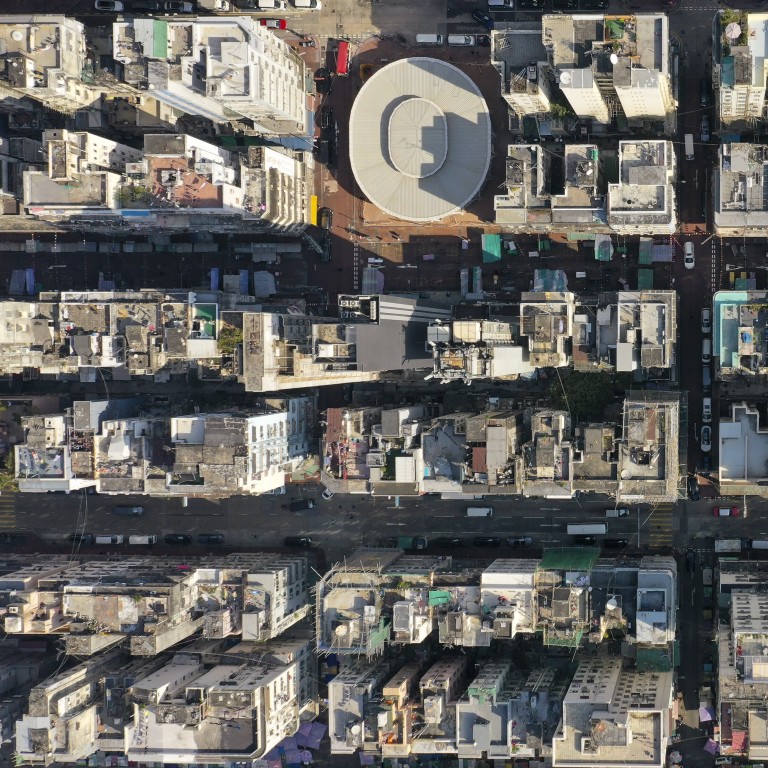
Case for tenancy control of subdivided flats is beyond doubt
- Cubicle-sized living spaces are hardly the answer to the city’s housing shortage. But as they cannot be displaced overnight, more comprehensive regulation is called for
The health hazards of the city’s cramped living space have been fully exposed by the widening Covid-19 outbreaks among subdivided flats in some poor districts. The problem is further compounded by a heavily distorted housing market, leaving tenants at the mercy of unscrupulous landlords. While some form of rent control may eventually be introduced to better protect the vulnerable, the conundrum requires wider interim regulations until more affordable housing can be provided in the longer term.
A government-appointed panel on tenancy control is reportedly considering a package of measures, including introducing priority renewal rights for tenants of subdivided units and capping the rent rise on lease renewal at 15 per cent. The rights and obligations of landlords and tenants, the terms and period of tenancy, as well as arrangements on electricity, water and other charges will also be spelled out. The final recommendations are to be tabled in March.
Covid-19 in old Hong Kong blocks, subdivided flats sparks strategy rethink
The direction makes sense in that it offers more protection for poor families, whose income growth has been outstripped by excessive rent rises over the years. Like their middle-class counterparts, housing for subdivided tenants may cost up to half of their salaries. But what they get could be nothing more than a cubicle-size partition with communal cooking and toilet facilities inside run-down tenement blocks. The undesirable living conditions inevitably contribute to the epidemic, as reflected by the spiralling infections among such accommodation.
Notwithstanding the city’s laissez-faire policy, rent and tenure controls had long existed until they were phased out in 2004. The government and its advisers are mindful that any intervention must be carefully balanced with free market and property right protection. But as with the need to rein in runaway property prices with double stamp duty, the case for tenancy control for subdivided flats is beyond doubt. No less important is the government’s pledge to strengthen enforcement and punishment on those flouting safety rules. Subdivided flats are hardly the answer to the city’s housing shortage. Given they cannot be displaced overnight, more comprehensive regulation is called for.

